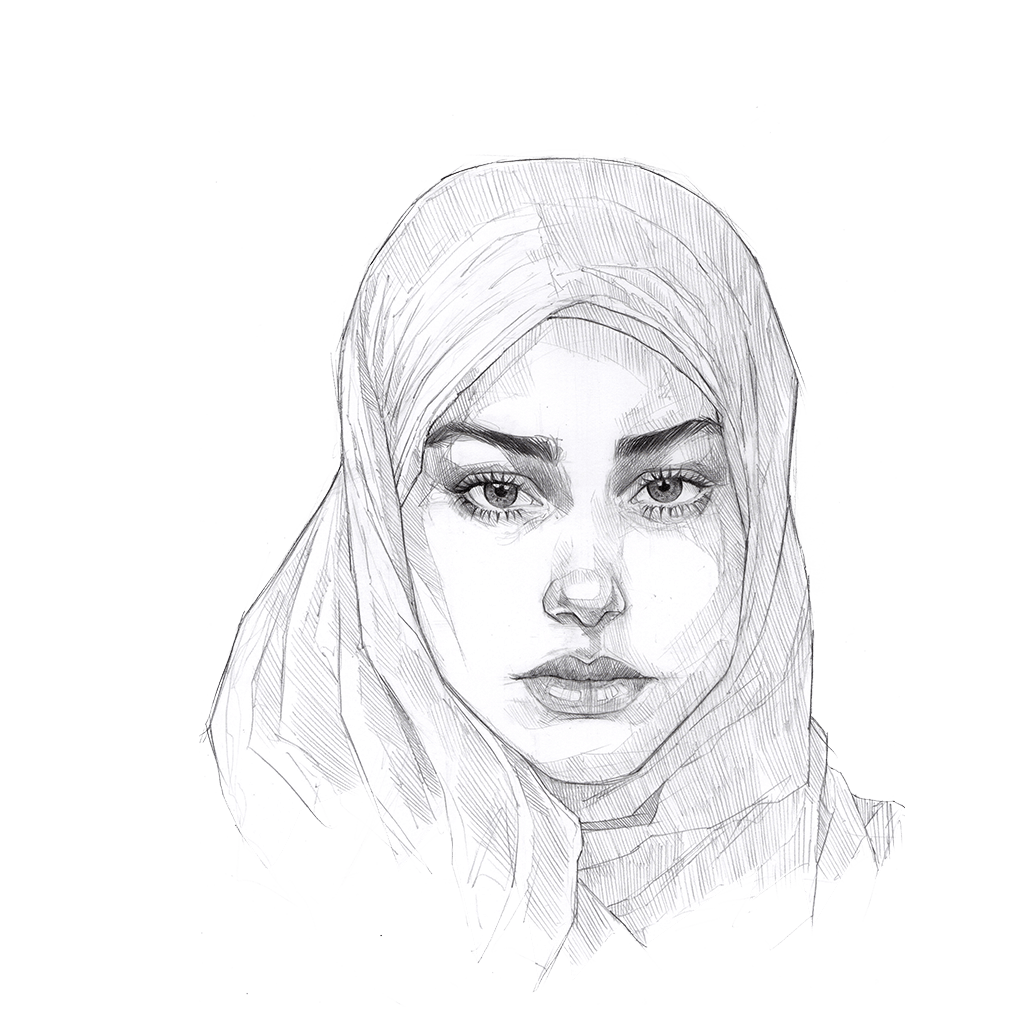West Africa
I think maybe they could add [to the sexual assault policy] some tips of how, if you find yourself in a situation you find unsafe or you feel like you are currently being verbally or…
My parents are very old-fashioned. If something like this was to happen to anyone in my family, they would want to make sure it wasn’t talked about. So, let’s say you choose to report; you…
I just want to remind you guys that, like, the weird relationship with students and teachers in West Africa is kind of messed up. I don’t know about you… but in one of my schools,…
The person [who I would want supporting me following a sexual assault] should have knowledge about my background, so they can understand what I am going through. I don’t want someone who is putting words…
Participant 1: I feel like my dad […] would look at the policy as something slow […]. Like, if he believed that the policy is not doing anything, or the process is going too slow,…
Participant 1: Okay, so I think from our region, what I would say is that the patriarchal system in West Africa doesn’t allow for things like that [sharing your story]. One, you feel like you…
Facilitator: Do you think the policy should be in different languages? Participant 1: Oh yes. Participant 2: Yes. Participant 3: Yes, definitely. Participant 4: Yes. Participant 2: Can’t it be in English? English is fine,…
I have siblings, and my siblings are girls. So, if something like this were to happen, I think they’d very much encourage me to report it, rumours or not. Because, unfortunately, I feel like all…
[If a friend confided in me that they were sexually assaulted], I will be happy that someone trusts me to confide in me something very important and private, so I would be careful. And what…
Participant 1: I don’t know what word to phrase it with, but [to support a survivor well], you can’t be someone who spreads it around. Participant 2: You have to be a trustworthy person. Participant…

